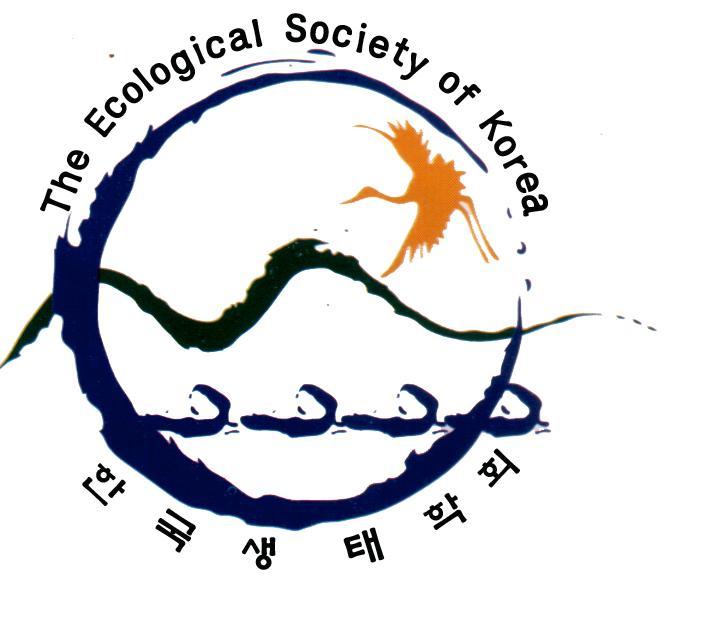- KOREAN
- P-ISSN2287-8327
- E-ISSN2288-1220
- SCOPUS, KCI
 ISSN : 2287-8327
ISSN : 2287-8327
Article Contents
- 2024 (Vol.48)
- 2023 (Vol.47)
- 2022 (Vol.46)
- 2021 (Vol.45)
- 2020 (Vol.44)
- 2019 (Vol.43)
- 2018 (Vol.42)
- 2017 (Vol.41)
- 2016 (Vol.39)
- 2015 (Vol.38)
- 2014 (Vol.37)
- 2013 (Vol.36)
- 2012 (Vol.35)
- 2011 (Vol.34)
- 2010 (Vol.33)
- 2009 (Vol.32)
- 2008 (Vol.31)
- 2007 (Vol.30)
- 2006 (Vol.29)
- 2005 (Vol.28)
- 2004 (Vol.27)
- 2003 (Vol.26)
- 2002 (Vol.25)
- 2001 (Vol.24)
Evaluation of the effects of the river restoration in Hwangji Stream, the upstream reach of the Nakdong River
Seol Jaewon (Department of Bio)
Chang Seok Lee
Abstract
Background: In Korea, riparian zones and some floodplains have been converted into agricultural fields and urban areas. However, there are essential for maintaining biodiversity, as they are important ecological spaces. There are also very important spaces for humanity, as they perform various ecosystem services in a changing environment including climate change. Due to the importance of rivers, river restoration projects have been promoted for a long time, but their achievement has been insignificant. Development should be pursued by thoroughly evaluating the success of the restoration project. Ecological restoration is to accelerate succession, a process that a disturbed ecosystem recovers itself, with human assistance. Ecological restoration can be a test bed for testing ecological theories in the field. In this respect, ecological restoration should go beyond a ‘simple landscaping exercise’ and apply ecological models and theories in restoration practice. Results: The cross-section of the restored stream is far from natural rivers due to its steep slope and artificial material. The vegetation profiles of the restored streams did not reflect the flooding regime of the river. The species composition of the vegetation in the restored stream showed a significant difference from that of the reference stream, and was also different from that of an unrestored urban stream. Although species richness was high and the proportion of exotic species was low in the restored stream, the effect was offset by the high proportion of gardening and landscaping plants or obligate terrestrial plants. Conclusions: Based on both the morphological and ecological characteristics of the river, the restoration effect in the restored stream was evaluated to be very low. In order to solve the problems, a systematic adaptive management plan is urgently required. Furthermore, it is necessary to institutionalize the evaluation of restoration effects for the development of river restoration projects in the future.
- keywords
- adaptive management, evaluation, Hwangji Stream, restoration effect, river restoration
- Downloaded
- Viewed
- 0KCI Citations
- 0WOS Citations
